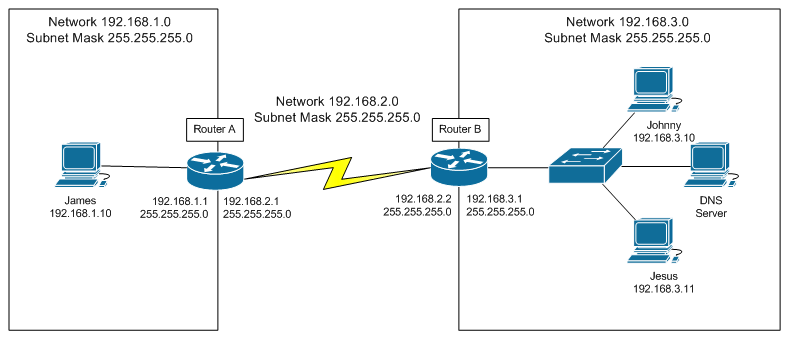Scenario: You have several devices within your network, you’ve changed the address range for the network but you’ve forgotten to change one in particular. It’s easier to log into the device than to physically attend to it (it may be headless, it may not be in your immediate vicinity, or you’re just to lazy to …
Continue reading “Adding additional IP Address to ethernet interface”
